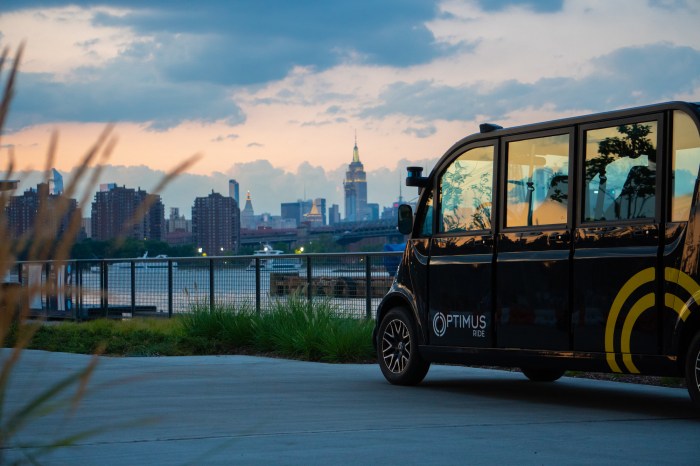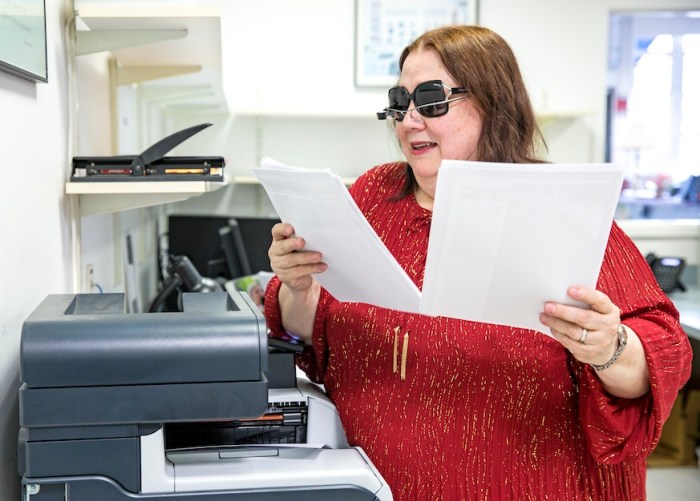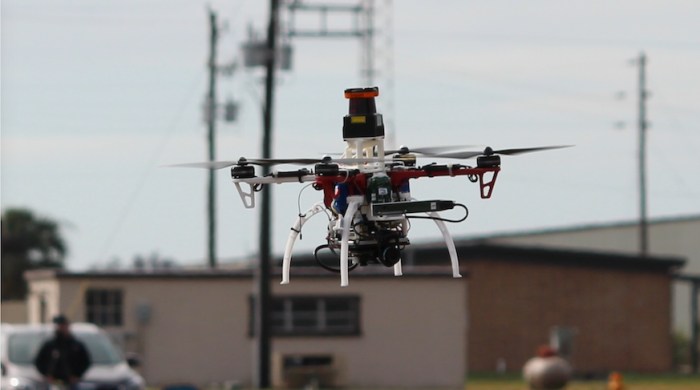Recently Philadelphia drivers and pedestrians alike have been treated to an unusual sight: mini-plazaswhere there used to be parking spots. Residents ofVancouver, Los Angeles, Seattle and Adelaide have also been treated to these so-called parkletson busy city streets. Welcome to the city of the future, where street furniture and fixtures are evolving.
“More and more people are moving to cities, so we have a greater interaction with urban furniture,” notes Dr. Ryan Chin, Managing Director of the MIT Media Lab’s City Science initiative. “Starting with the taxi signage at the airport, one of the first things you interact with in a city is its furniture.” But like the messy home of a growing family, when it comes to furniture today’s cities are often messy with a multitude of signage, out-dated phone booths and empty parking spaces scattered about. That’s where innovation is happening. The MIT researchersare experimenting with,eliminatingparking signs as self-driving cars will communicate with the street through sensors.Future cities may not need very much furniture. Several US cities havedigital-enabled garbage cansself-compact garbage and notify the sanitation departments when they need to be emptied.The receptacles with names like BigBelly and eCeptable even provide a self-funding revenue stream – they have digital advertising space. One MIT team has invented a park bench that doubles as a gadget-charging station. “The urban furniture of the future will have multiple functions,” notes Chin. “The challenge is that it has to withstand all kinds of weather. And anything can happen: dogs can pee on it, motorcycle gangs can run over it.” And those functions will expand. “Urban furniture is becoming not just a physical shelter but digital utility or other utility”, explains Sascha Haselmayer, CEO of city innovation firm Citymart. “In Paris and other cities, furniture gives you access to nearby tourist information while you wait for a bus, and in New York and many other cities plans are underway to re-use phone booths for vehicle charging, urban Wi-Fi networks, and public information systems.” Urban dwellers mayget to keep theirold city furniture; it will just be repurposed. “Almost everything that’s not road surface in public spaces will become multi-functional furniture,” predicts Haselmayer. “It may talk to you, provide you with light, heat, and Internet or act as your electric petrol station.”
Urban furniture goes digital, adding functions and coolness
















